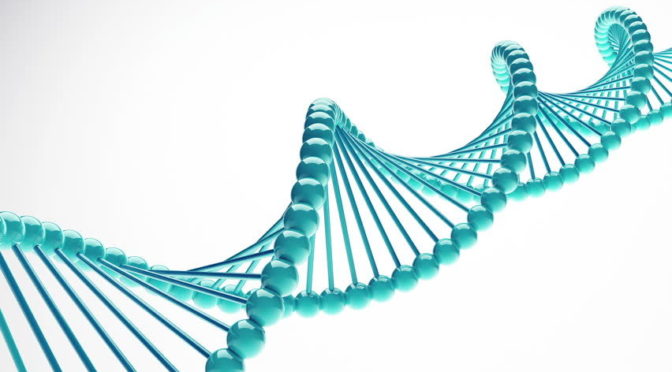Course Content Information
The National 5 Biology curriculum develops a pupils interest and enthusiasm for biology through scientific inquiry and investigation. The biology concepts taught are contextualised with real world examples and pupils are encouraged to investigate the applications of biology. The National 5 course consists of 3 Units. The units and their respective key areas are detailed below:
Cell Biology
- Cell structure
- Transport across the cell membrane
- DNA and production of proteins
- Proteins
- Genetic engineering
- Respiration
Multicellular Organisms
- Producing new cells
- Control and communication
- Reproduction
- Variation and inheritance
- Transport systems in plants
- Transport systems in animals
- The absorption of materials
Life on Earth
- Ecosystems
- Distribution of organisms
- Photosynthesis
- Energy in ecosystems
- Food production
- Evolution of species
Course Assessment Information
This course assessment structure for this course is dictated by the SQA. There are two parts to this assessment structure:
- Assignment – this written piece of work is completed under controlled conditions and is worth 20 marks. The assignment assess the application of skills of scientific enquiry and related biology knowledge and understanding.
- Exam – The purpose of the exam paper is to assess breadth, challenge, and application of skills, knowledge and understanding from across the course. This question paper is sat under exam conditions and is worth 100 marks.
SQA Course Information
Detailed course specifications and understanding standards materials can be accessed from the National 5 Biology SQA site


